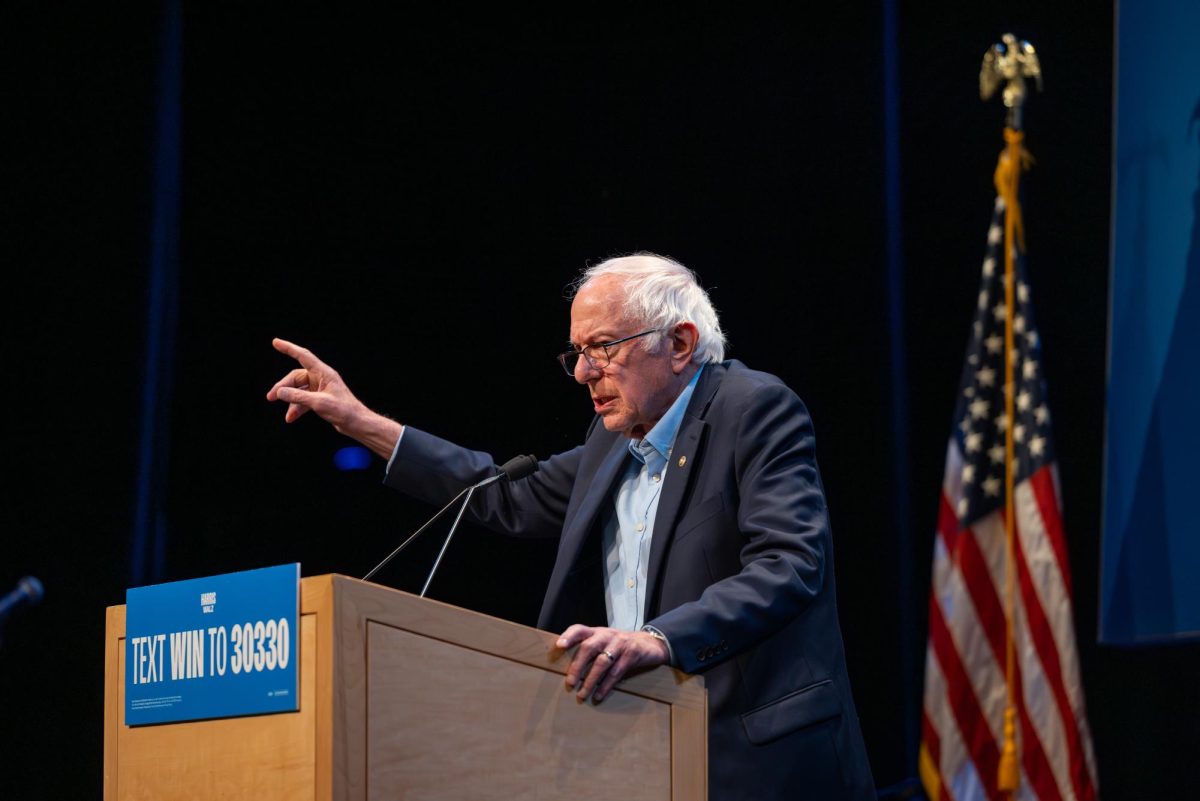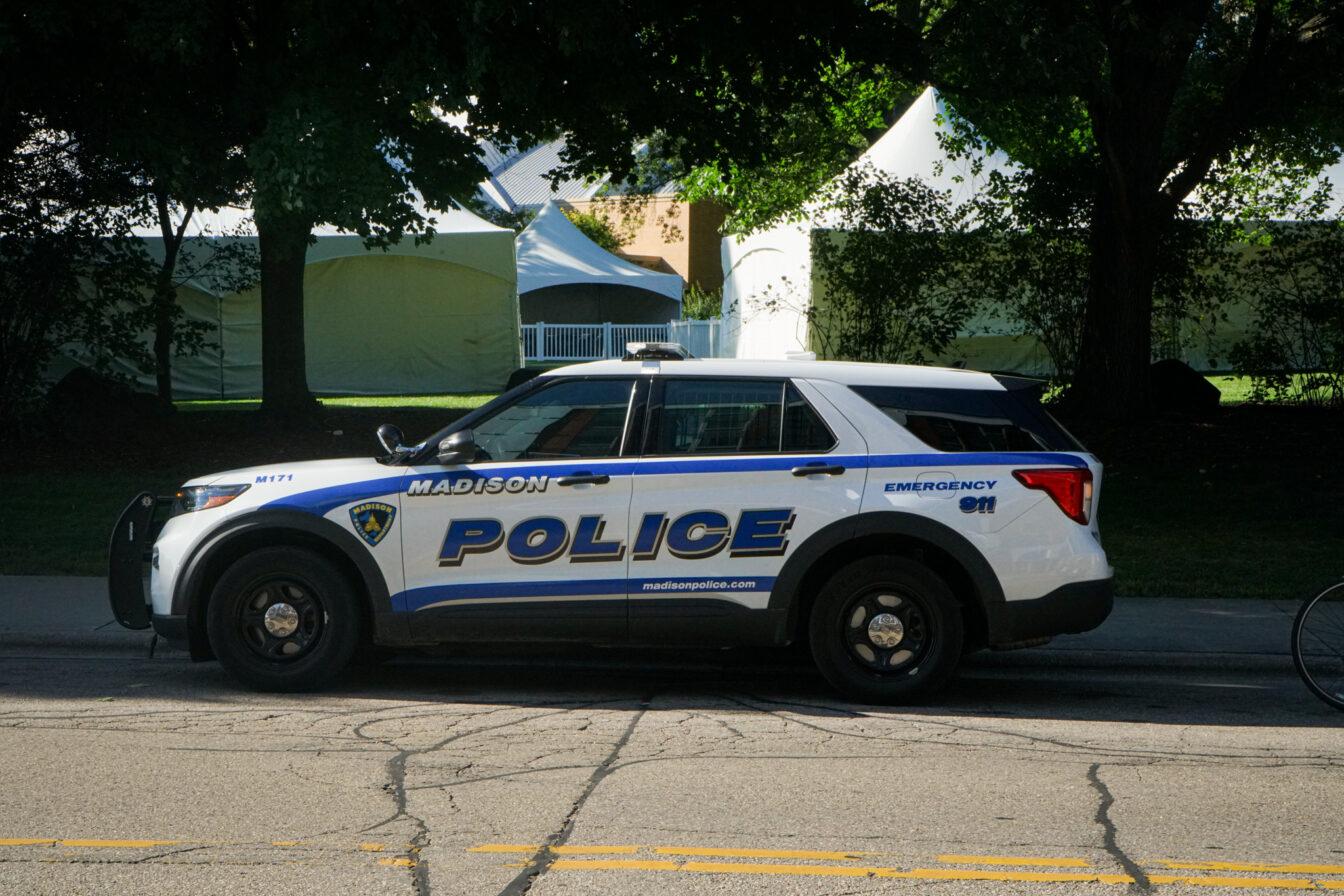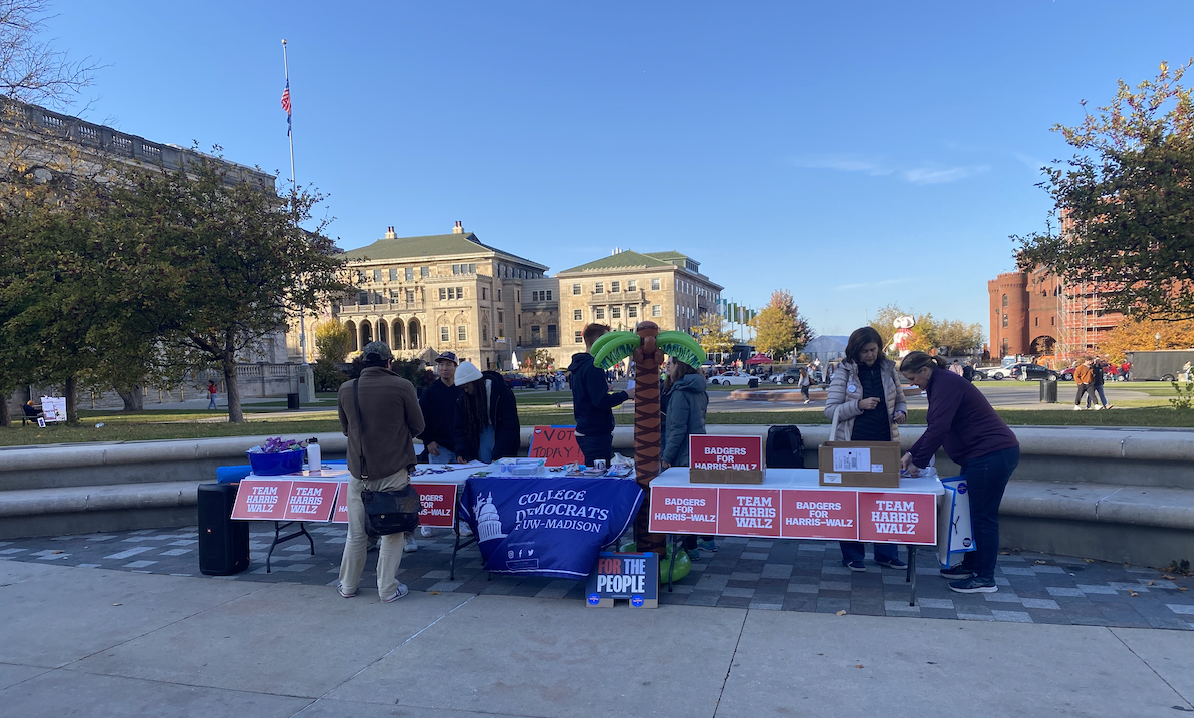The only thing constant is change — and the minimum-wage debate.
The Senate Democrats will step through the doors of Congress this fall with a priority wish list, but this time they are wearing the cloak of majority. Near the top of the list is federal minimum-wage boost.
The minimum-wage question is an issue that has indirectly helped the Democratic Party. Labor unions, historically the Democrats’ biggest allies and campaign contributors, have lately eased back on the minimum-wage issue because most union members earn already significantly higher wages. However, the issue has helped Democrats remain known as the party of the working man in the minds of many Americans.
Sen. Herb Kohl, D-Wisconsin, is one of many who would like to see the minimum wage raised. He is expecting a vote on it this fall.
“Sure, it’s a priority,” Kohl’s Deputy Press Secretary Jessica Katlin said. However, she noted the Senate is preoccupied with trying to pass spending bills to fund the federal government for the next fiscal year.
“[Kohl] believes that the current minimum wage of $5.15 an hour is too low,” Katlin said.
Wisconsin Sen. Russ Feingold, also a Democrat, was an original sponsor of the Fair Minimum Wage Act of 2001. If passed, the bill would raise the minimum wage to $5.75 an hour 30 days after enactment, to $6.25 an hour on Jan. 1, 2002, and to $6.65 an hour in 2003.
Congressional Republicans have other priorities, however, such as cutting capital-gains tax. Experts say this tax is likely to jumpstart the economy because it would make it more lucrative for people selling their homes.
Senate Majority Leader Trent Lott, R-Mississippi, said last week that a capital-gains tax cut could be attached to the minimum-wage increase Democrats want.
Sen. Edward Kennedy, D-Mass., said he would prefer a stand-alone bill.
For many UW-Madison students, working for minimum wage lies in recent memory.
UW student Christopher Grady feels strongly about raising the minimum wage.
“It should be higher, especially in Madison [because] it’s kind of expensive,” Grady said. “You’d have to work a lot to be able to support yourself.”
Although an increase in minimum wage has positive implications for workers, it could also increase the cost of goods and services in the long run.
Grady said it would be okay to have to pay more for a hamburger as long as it was not too much more.
“It depends how much more,” he said. “A small increase might be okay.”
According to a June study of the 2000 census figures done by the Heritage Foundation, over half of those working for minimum wage are under the age of 23. The average family income of these young workers is almost $50,500 a year. For those minimum-wage workers age 23 and up, the average family income is over $38,000 a year. The Heritage Foundation said an increase in the minimum wage to $6.65 an hour would affect less than 2 percent of the nation’s poor.
www.whitehouse.gov







